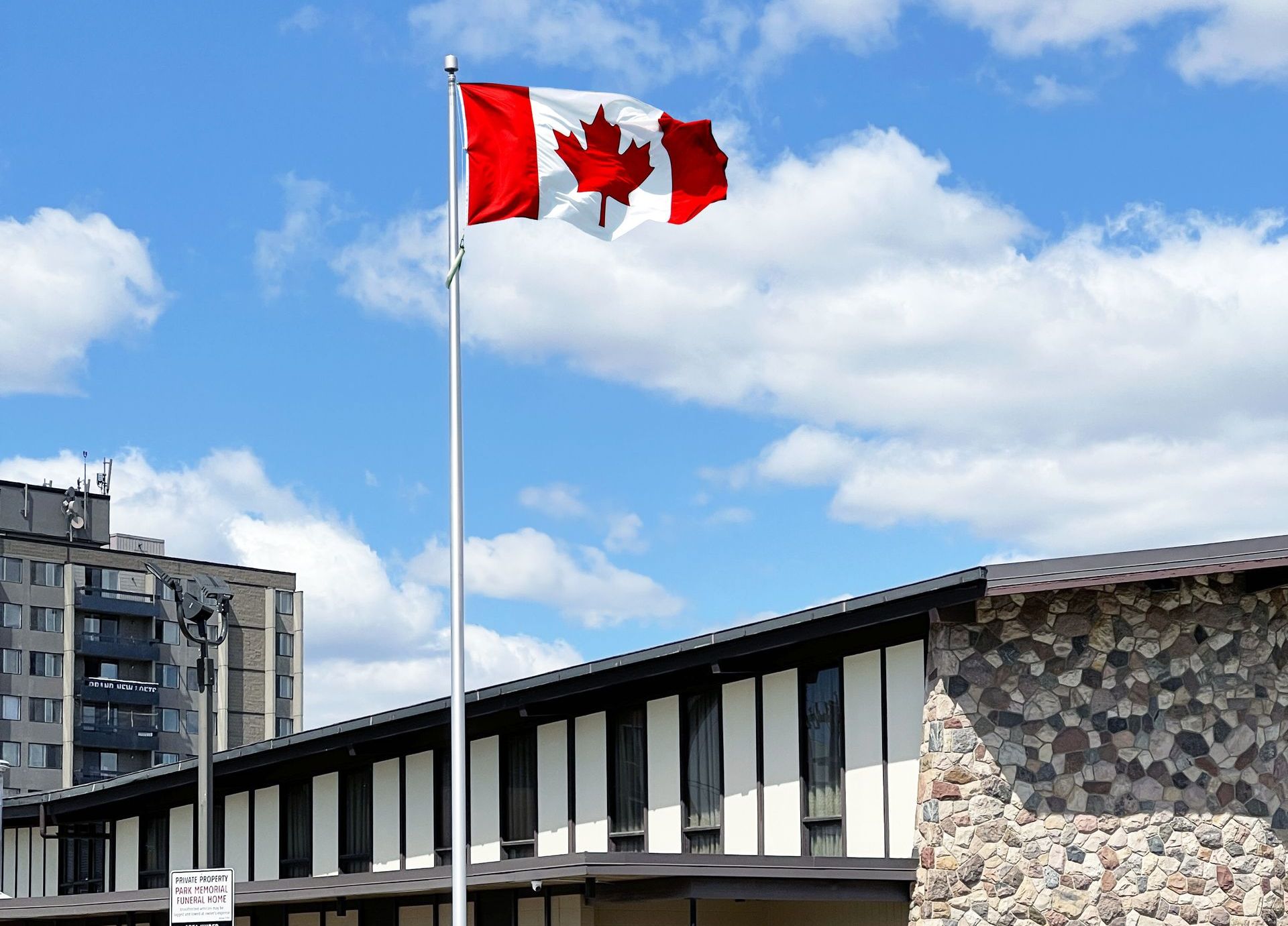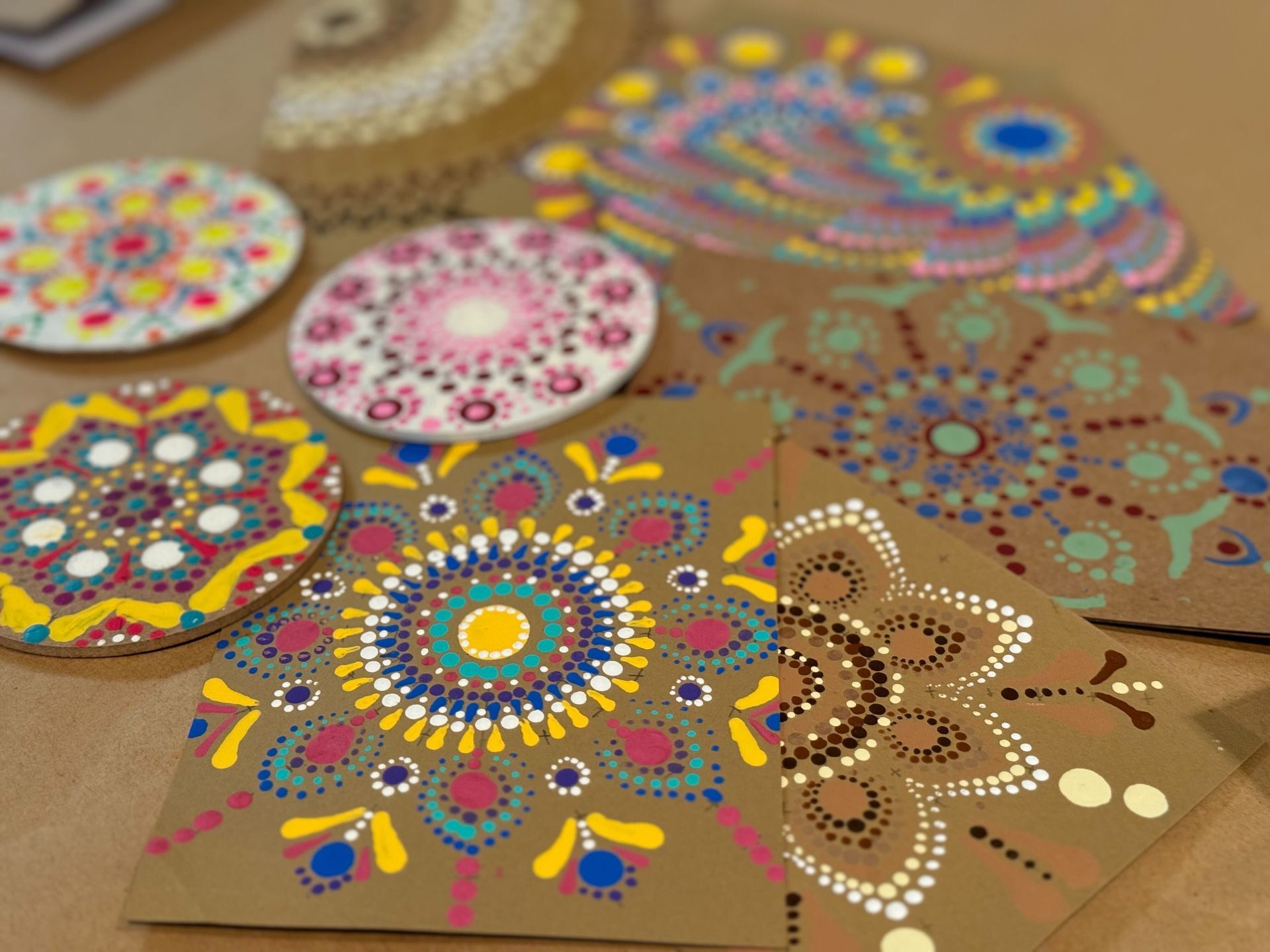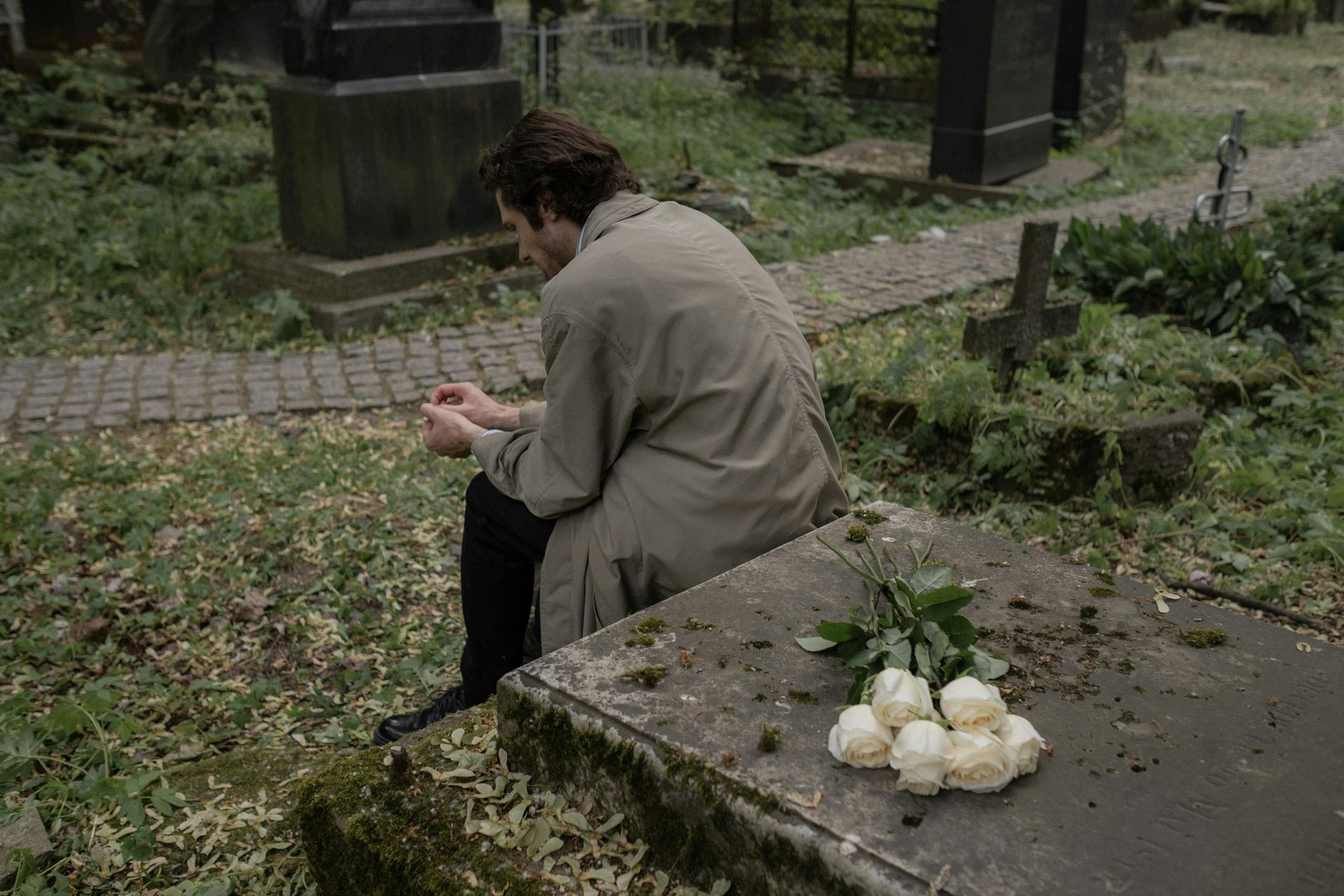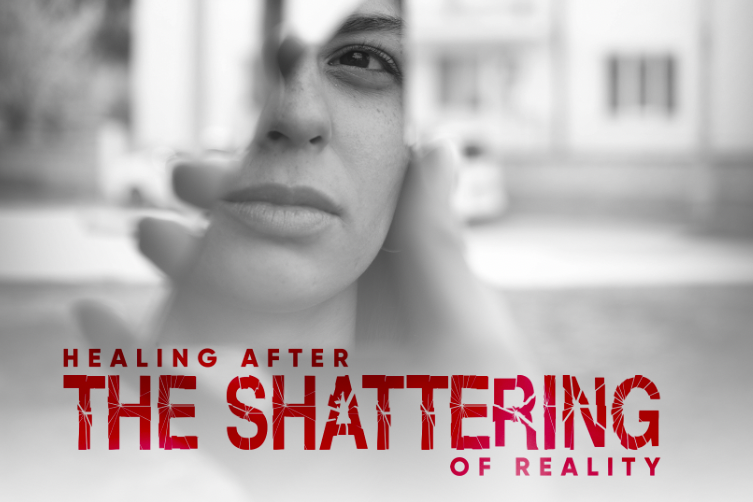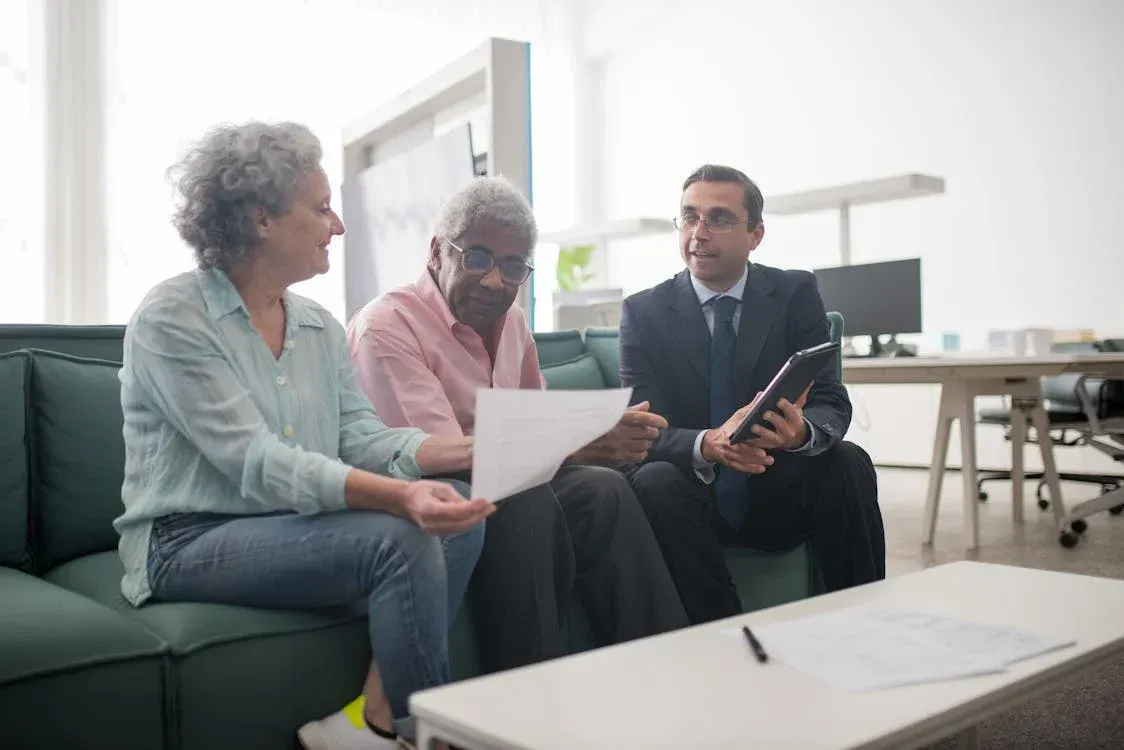Tips for managing COVID-19 anxiety and depression
Strength to Cope

As a long-time grief counselor and educator, I talk to lots of people about life losses of all kinds. What I’m hearing in recent months is that COVID-19 has become a daunting challenge for just about everyone. Not only have stay-at-home and work-at-home protocols isolated people physically and socially, but the uncertainty of illness, potential financial jeopardy and an unforeseeable future are making it hard for many to cope. You are probably seeing these stresses in the families you serve, and you and your loved ones may be experiencing them as well. In addition, your community and funeral home may have suffered a wave of coronavirus deaths, compounding your stress, anxiety and depression.
Essentially, everyone is now grieving. Anxiety and depression, which are normal, necessary grief responses, are epidemic. While grief is absolutely natural in the face of these unprecedented circumstances and daily losses, it’s also demands compassionate, proactive care.
If you’ve found yourself struggling with anxiety and/or depression, you’re not alone. Many millions of others – friends, neighbors, colleagues – are, too. In fact, according to the U.S. Census Bureau, fully one-third of Americans are now experiencing clinical depression and anxiety. Because of their role as front-line last responders during this crisis, funeral directors are especially at risk. The good news is that if we work on our mental health both collectively and individually, we can use this difficult time to learn how to nurture our own mental wellness, as well as care for others.
Anxiety
Anxiety is fear and worry that become pervasive and out of proportion. It’s a normal reaction to danger, which is how our minds and bodies may interpret the losses, risks and uncertainties of this pandemic. Common symptoms include:
• Nervousness, restlessness, jumpiness
• Irritability
• Trouble concentrating/being distracted by worry or intrusive thoughts
• Difficulty sleeping
• Physical discomforts such as fast heart rate, rapid breathing, dizziness, gastrointestinal problems or trembling
• Anxiety attacks (also called panic attacks).
If you’ve experienced anxiety in the past, your anxiety may be worse now. And if you’ve never been an anxious person before, you may find yourself tugged at by anxiety now. If your anxiety is preventing you from going about your daily life or is having a significant impact on your quality of life, it’s time to take action.
Depression
Depression is a common mood disorder characterized by feelings of sadness, as well as emptiness, irritability, low self-esteem and pessimism. It affects how a person thinks, feels and lives their life. Clinical depression is a more severe form of depression that persists and makes it hard or virtually impossible to function in daily life. Common symptoms include:
• Feelings of apathy, guilt, hopelessness, sadness, discontent
• Mood swings
• Poor sleep
• Appetite changes (eating too much or too little)
• Difficulty mustering the energy to accomplish routine tasks or take part in activities.
Anxiety and depression often go hand in hand, but the two can be separate. And as with anxiety, you may be finding that any pre-existing depression may be worse now, or due to the unprecedented circumstances, you may be struggling with depression for the first time. Feeling depressed is understandable during the pandemic, but you can take steps to ease your depression and improve your quality of life even in the midst of it.
Managing Anxiety and Depression
There is no one right way to effectively manage anxiety and depression. You’ll find that some measures work for you and some don’t. But I encourage you to try a number of the following tips and share this article with colleagues, family members or friends you believe may be struggling. Finding a way out of anxiety and depression is often like climbing a ladder. If you find something that helps you make it to the first rung, you’ll be in a position to climb to that second rung and so on. Follow a daily schedule The coronavirus life has thrown our schedules into disarray. Part of the reason you may feel at loose ends is because your daily structure or routine has been upended. But you can make one anew! Try getting up at the same time each day, eating scheduled meals, bathing regularly and going for short walks at set intervals. You’ll find that a routine will create a scaffold that helps you feel more in control and well, no matter what happens between those scheduled touchpoints.
Prioritize sleep
If you haven’t been sleeping well for seven to nine hours a night, this should be your first priority. I can hear some of my funeral director friends chuckling already, but the truth is poor sleep exacerbates anxiety and depression, while the right amount of good-quality sleep is practically a miracle cure. Read up on sleep hygiene and follow best practices for creating a good sleeping environment, such as turning off electronics at least an hour before bed and using your bedroom only for sleep. If you’re still having trouble sleeping, see your healthcare provider, who can help assess your particular sleep problems and fix them.
Connect with others Social distancing has been difficult for most of us, and especially for those in a household with someone who is at higher risk for severe illness, as distancing may have to continue for a longer while. Yet connecting with others is still important. Make it a priority to talk to at least one person you care about each day. Video calls are the best substitute for in-person visits.
In fact, because many people now have more free time than they normally would, you might find it easier to catch up with old friends, relatives and neighbors. In some ways, it’s an unusually opportune time to strengthen relationships outside work. It’s also a good time to help others in small ways. Reach out to someone who may need a little help and see what happens. Do something Make a pact with yourself to stand up and do something. Whenever you find yourself ruminating on depressing or fearful thoughts, simply stand and move your body for five minutes. You can do whatever you want for those five minutes as long as you are physically in motion – get a drink of water, take a walk around the funeral home, run an errand or do a few lunges or stretches.
Breathe deeply Simply focusing on your breath and breathing in to the count of five, then out to the count of five has the power to instantly banish bad thoughts and relax your body. It’s such a simple technique, but it works. Kick the habit Did you know that nicotine, alcohol and caffeine can all make anxiety worse? These habits may feel comforting during a time of anxiety or depression, but the truth is they are likely contributing to it. Try gradually cutting back, and if you need help to quit, get it.
Clear the clutter
You’ve probably been spending more time at home, and a cluttered home can be a stressful environment. Ask an organized friend or family member to help you clean up and declutter. Your home can be an oasis of calm and clarity. The same goes for your desk and workplace. Foster hope and joy What makes you feel hopeful and joyful? Whatever it is, schedule at least a bit of it into each day. And if you’re having a hard time mustering up hope and joy, you can borrow it from someone else. Call a bubbly friend, watch a silly movie or read an inspiring memoir. See a therapist COVID-19 has expedited the transition to telemedicine. Counselors are now caring for clients over the phone or via Zoom. Many people have told me they’ve found it less daunting and more convenient and confidential to “meet with” a therapist online and expressed surprise at how much it’s helping. Create a Wellness Jar Use small slips of paper to write down things that make you feel calm, loved or happy, one per slip. Examples might be take a soothing bath, shoot baskets at the park, bake cookies or cuddle with a pet. Fold up these pieces of paper and place them in a jar. Then, whenever you’re feeling anxious or depressed, randomly select a slip of paper and follow the idea you unfold.
To access Dr. Wolfelt's original post, please click here.
Locations
9709 111 Ave NW, AB T5G 0B2
Lamont -_780-895-2157_
5208 50 Ave, AB T0B 2R0
Mayerthorpe -_780-786-2533_
5101 47 Ave, AB T0E 1N0
Smoky Lake -_780-656-3839_
311 White Earth St, AB T0A 3C0
Vegreville -_780-632-2000_
4814 50 St, AB T9C 1R6
- Sunday
- -
- Monday
- -
- Tuesday
- -
- Wednesday
- -
- Thursday
- -
- Friday
- -
- Saturday
- -
The hours above are our Edmonton funeral home regular office hours. Office hours in our rural locations are subject to change, therefore please call before visiting us. Please note that our phones are answered (live) 24 hours per day, and that evening services are available as well.
Newsletter
Receive our newsletter to learn about our Grief Support Events and Coming Events. Our materials are exclusively designed to assist people in their times of loss. You are welcome to unsubscribe at any time.
Newsletter
Thank you for subscribing.
We are sorry, there was an error with your submission. Please try again later or call us toll free at 1-877-426-0050.
Prefer traditional mail? Click here.
By clicking on the subscribe button above you agree with our terms and conditions and privacy policy, as well as opting in to receive our emails.
© 2025 PARK MEMORIAL LTD - ALL RIGHTS RESERVED |
TERMS AND CONDITIONS |
PRIVACY POLICY |
SITEMAP |
CONTENT ATTRIBUTIONS |
GLOSSARY |
ADMIN




